No products in the cart.
Massep
4.99 $
Also known as: tropical basil, african basil, Madoumadoum, Indoundouwèlè, wild basil
Ingredients: 100% Basil Leaf
Format: 23G/packages
Brand: Afritibi
Country of origin: Cameroon
In stock
SKU: EPC-MSP-100
Categories: Fruits & Legumes, Légumineuses
Massep – A Traditional Cameroonian Herb with Multiple Uses
Massep (Mesep, Wild or Tropical Basil) is a key ingredient in Beti(e) cuisine in Cameroon. Known scientifically as ocimum gratissimum (wild basil), Massep is celebrated for its ability to treat bronchitis and abdominal pain. Beyond its culinary uses, one of the simplest yet less common applications of Massep is its consumption as a breakfast tea, infused with milk and sugar. This particular use is noted for its preventive health benefits, as explained by Ms. Assoumou Joséphine.
Massep is revered for its versatile properties, often serving as an effective traditional medicine across various ethnic groups in Cameroon, especially among economically disadvantaged families.
Preparing Massep Herbal Tea
To make Massep herbal tea:
- Boil water and add Massep leaves.
- Let it simmer until the water changes color.
- Serve in a bowl and add milk and sugar to taste.
Using Massep for Stomach Aches or Constipation
For stomach issues:
- Collect Massep leaves and rub them together.
- Add one or two small green peppers without crushing them.
- Mix in a little water and use a pear to help the patient purge.
- The patient should feel a strong urge to relieve themselves shortly after, marking the beginning of the healing process.
Treating Bronchitis with Massep
Massep can also cure coughs by clearing the lungs of foreign bodies. For effective results:
- Chew Massep leaves with a little salt to reduce sourness.
- Swallow the juice and spit out the rest.
- Repeat for at least 5 minutes, twice a day, for two or three days.
By the evening of the first day, patients typically experience relief, leading to complete healing.
In different languages, Massep is known as “Madoumadoum” in Nzebi and “Indoundouwèlè” in Mpongwe. Interestingly, ocimum gratissimum is also used in winemaking in other regions.
For more information and to purchase, visit Afritibi.
Source
| Weight | 0.50 lbs |
|---|---|
| Dimensions | 5 × 4 × 3 in |
Be the first to review “Massep” Cancel reply
Related products
-
Matembele
4.99 $ -
Organic dried Safou
4.49 $ -
Banana plantain chips
2.99 $ -
-
-
Close


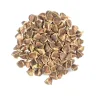
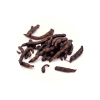
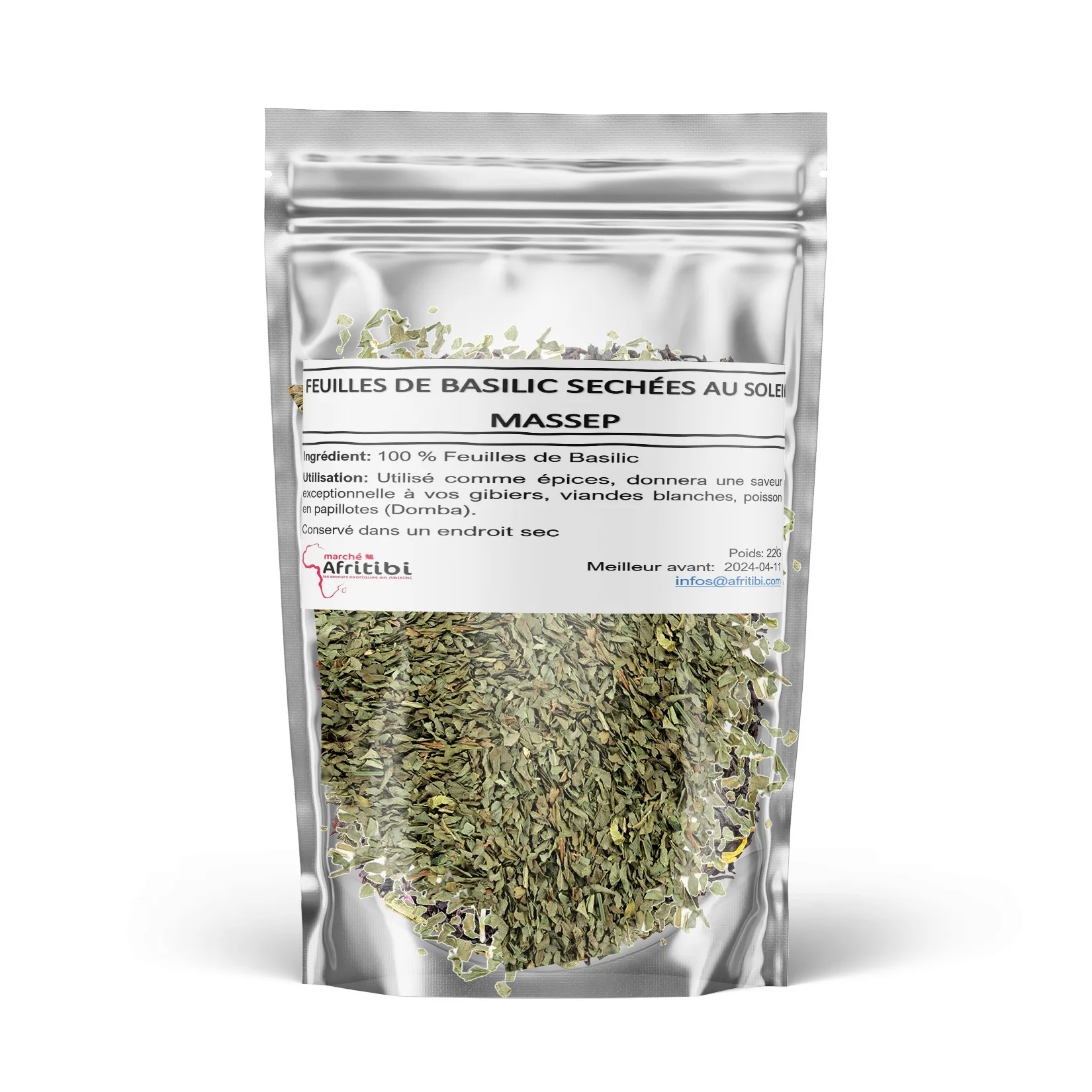
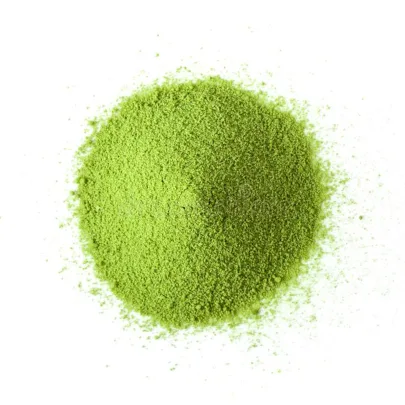
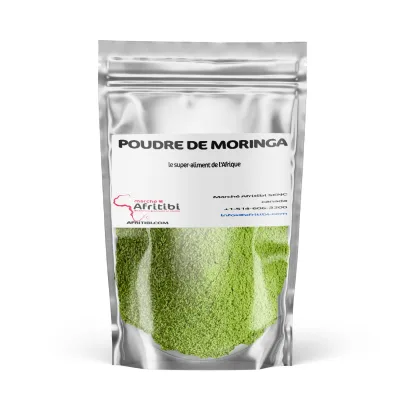
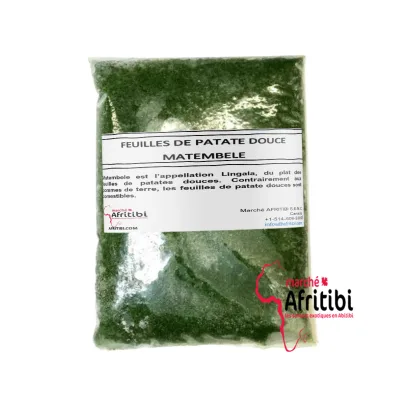
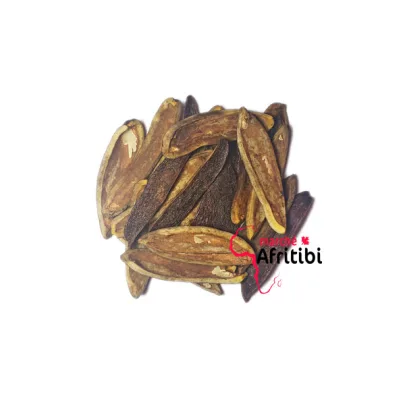
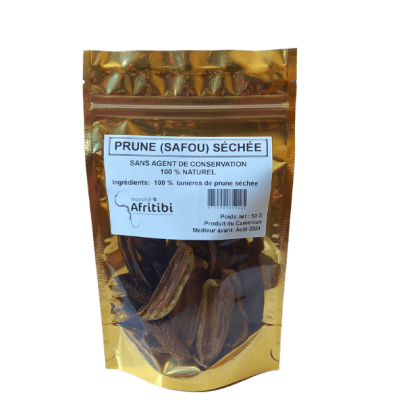


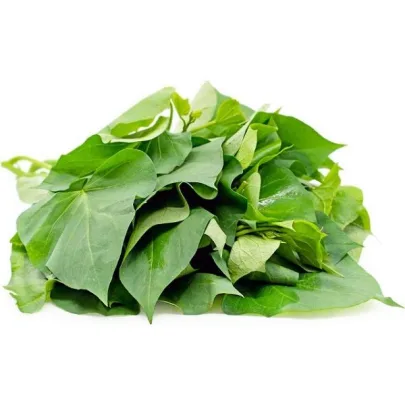

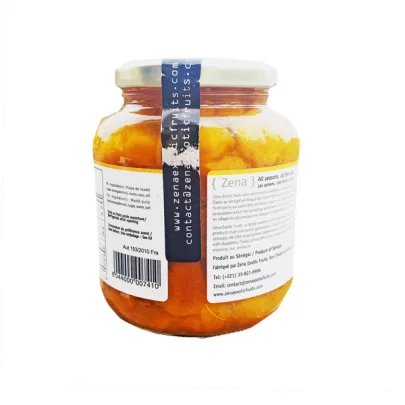
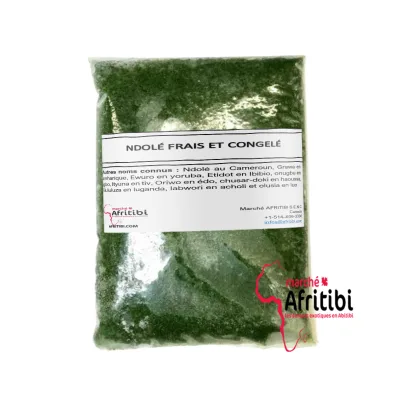

Reviews
There are no reviews yet.